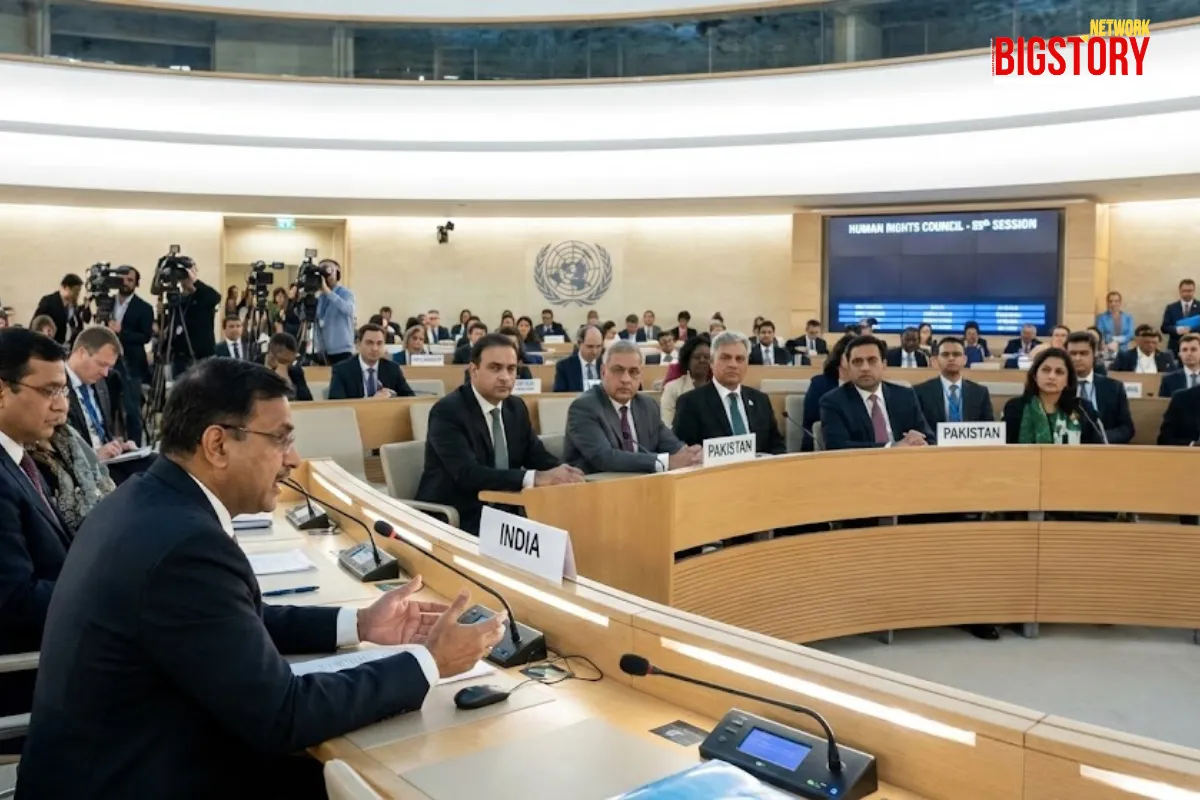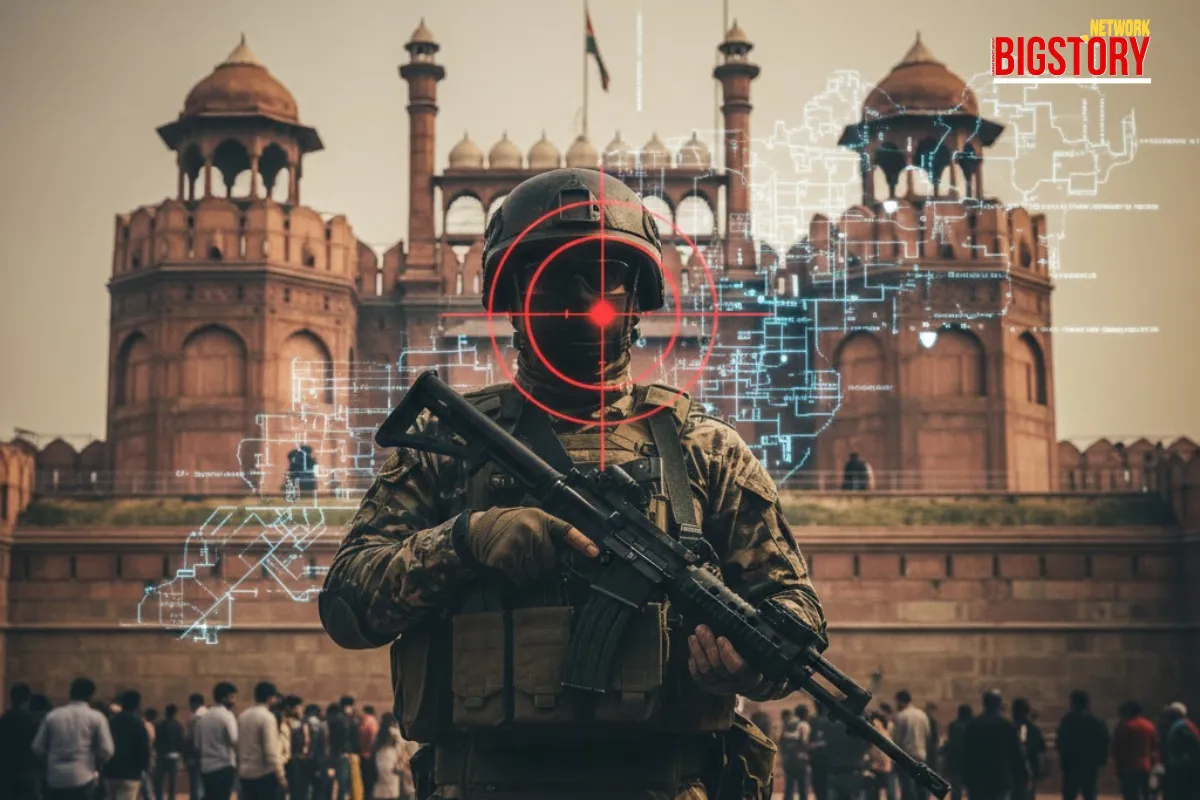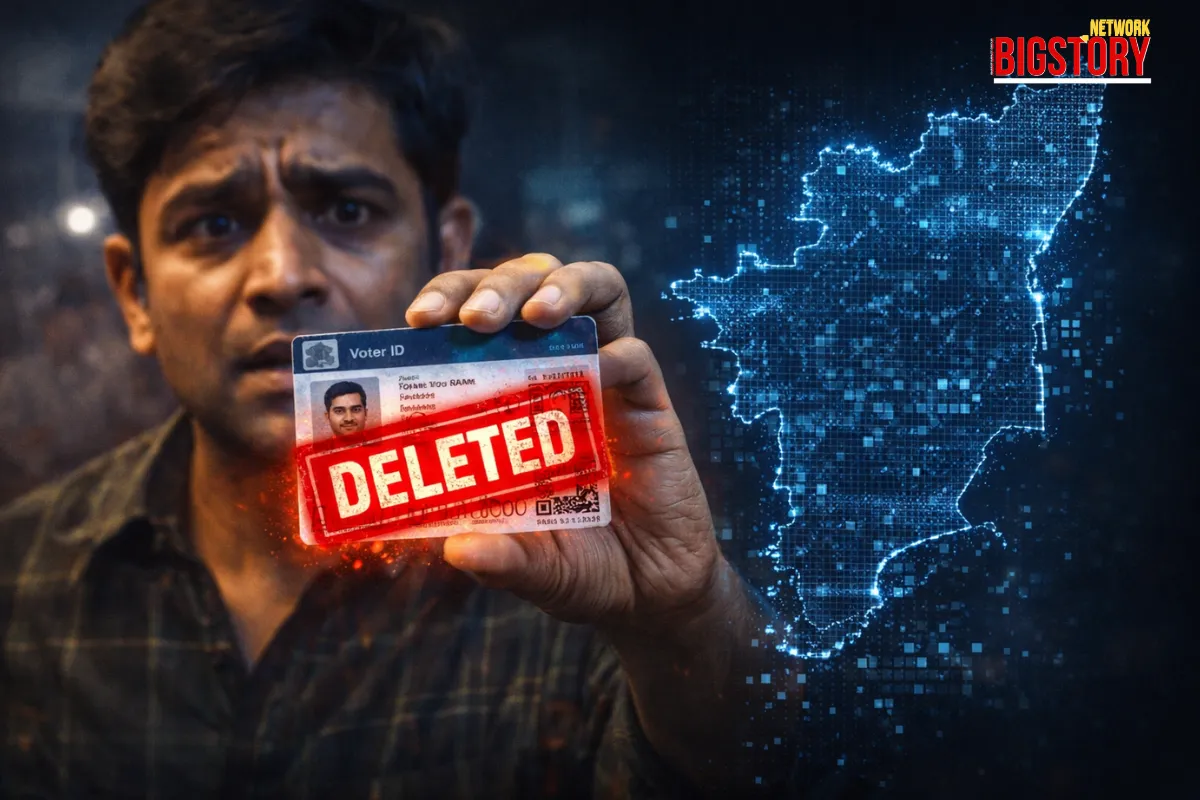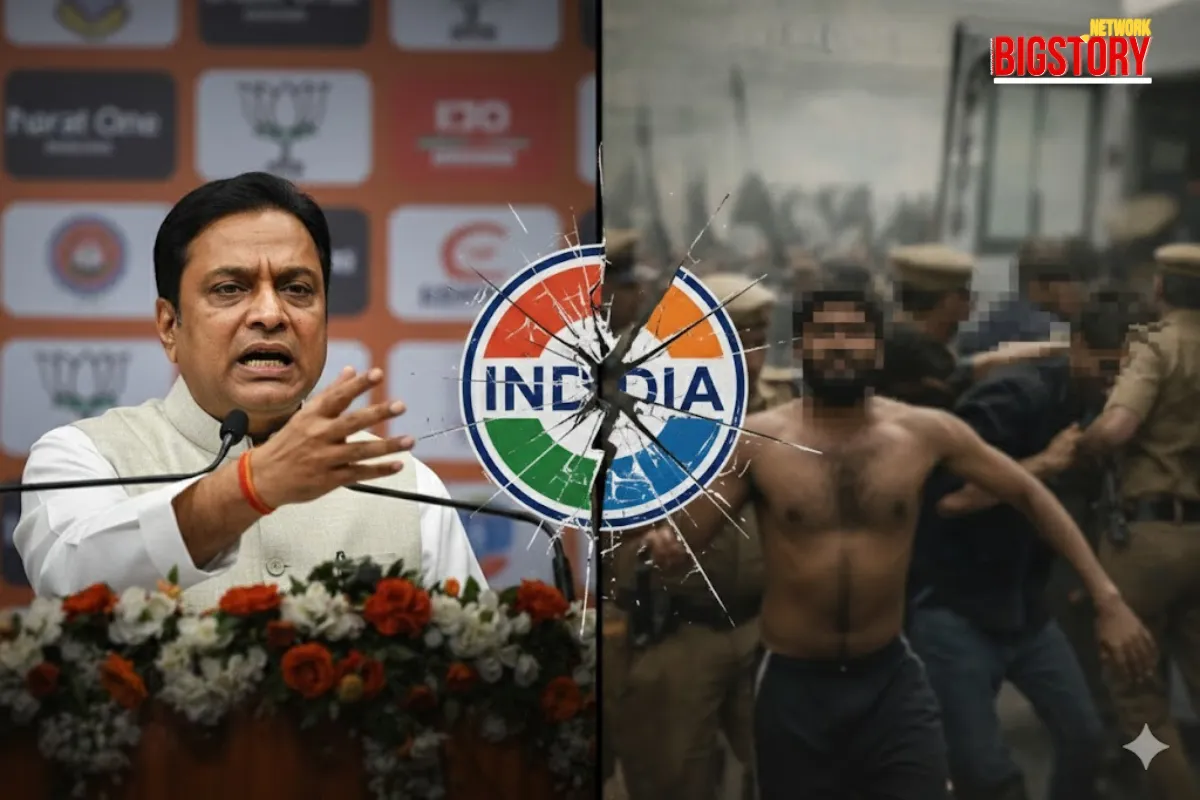The Indian government has agreed to a comprehensive debate on "Operation Sindoor" in Parliament, following intense pressure from the Opposition. This crucial discussion will address the military operation against terror infrastructure and US President Donald Trump's claims of mediation.
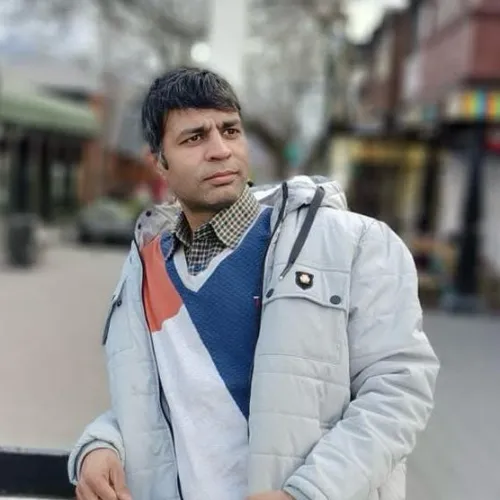 Manish Saini
Manish Saini

The Indian government has signaled its readiness for a comprehensive parliamentary debate on "Operation Sindoor," the precision military strikes conducted in May 2025 against terror infrastructure in Pakistan. This decision comes amidst relentless pressure from the Opposition, which has demanded a full explanation of the operation, particularly in light of US President Donald Trump's repeated claims of having mediated a ceasefire between India and Pakistan.
"Operation Sindoor," launched on May 7, 2025, in the aftermath of the horrific Pahalgam terror attack that claimed 26 civilian lives, was described by India as a "calibrated, tri-services response" targeting terrorist camps and bases across the Line of Control and deeper inside Pakistan. The Indian Air Force played a crucial role, carrying out precision strikes on air defense systems and airbases, while the Indian Army and Navy also demonstrated significant operational synergy. The government had hailed the operation as a "100% success," achieving its objectives within minutes.
However, the Opposition has consistently raised concerns and sought clarification on several fronts:
Union Parliamentary Affairs Minister Kiren Rijiju confirmed that the government is "very much open" to discussing Operation Sindoor and will "respond appropriately" to the Opposition's concerns, provided discussions are held in accordance with the "rules and traditions" of the House.
Sources indicate that a significant chunk of time – potentially 16 hours in each House – has been allotted for this special discussion, likely to begin next week. This extensive allocation signals the government's intent to present its full narrative, with Prime Minister Narendra Modi, Home Minister Amit Shah, and Defence Minister Rajnath Singh all expected to participate in the debate.
For the government, the debate offers an opportunity to further highlight the success of "Operation Sindoor" as a testament to India's military might and its "zero tolerance" policy towards terrorism. Prime Minister Modi has already termed the operation a "Vijay Utsav" (celebration of victory), and the government is keen to showcase India's indigenous defense capabilities and its proactive stance on national security.
For the Opposition, the discussion is a chance to hold the government accountable, raise critical questions about foreign policy, and ensure transparency, especially regarding the claims of external mediation. It also provides a platform to press for answers on the broader security situation in the region.
As Parliament's Monsoon Session continues, the debate on "Operation Sindoor" is set to be a high-stakes affair. It will not only delve into the specifics of a recent and significant military action but also touch upon crucial aspects of India's foreign policy, national security, and the delicate balance of power between the government and the Opposition in a vibrant democracy.



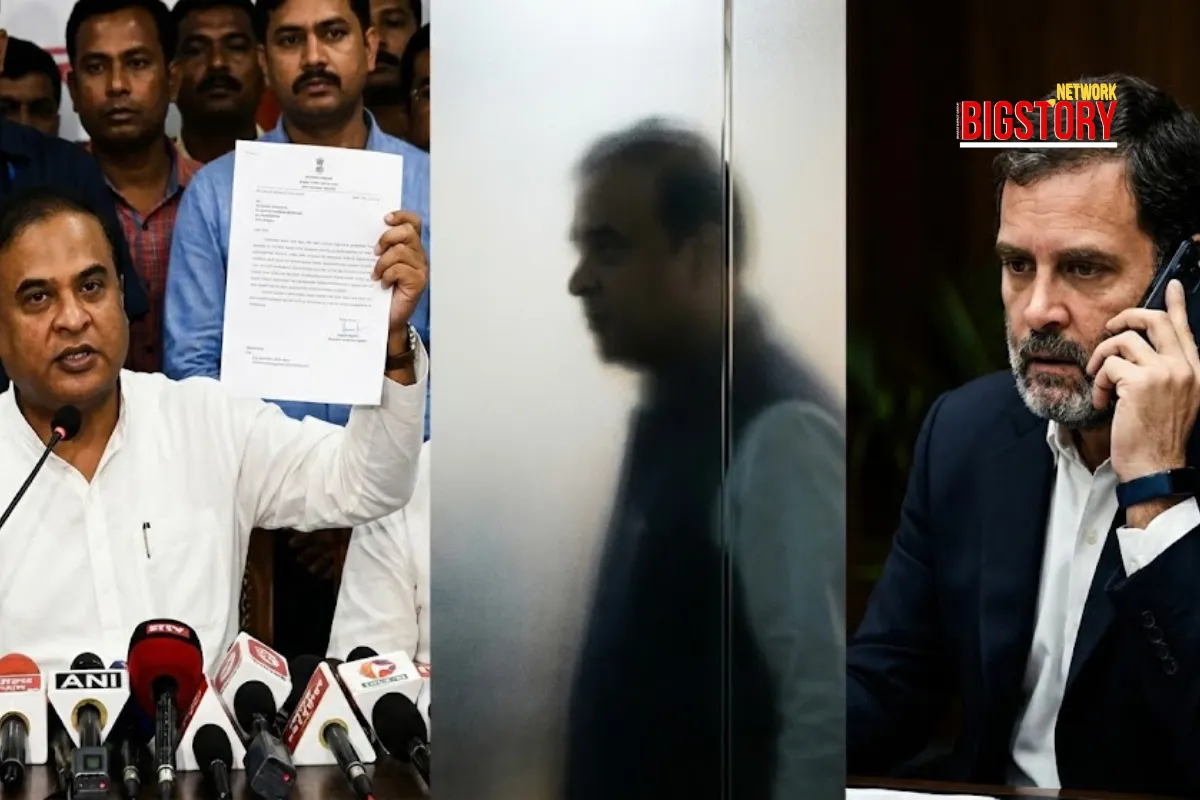


Sign up for the Daily newsletter to get your biggest stories, handpicked for you each day.
 Trending Now! in last 24hrs
Trending Now! in last 24hrs
